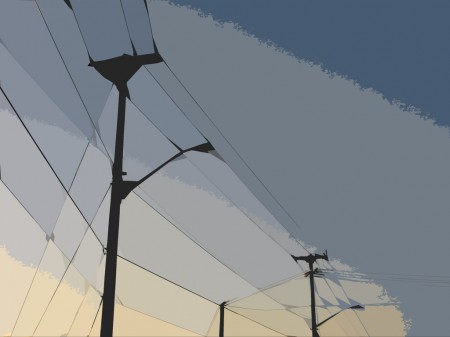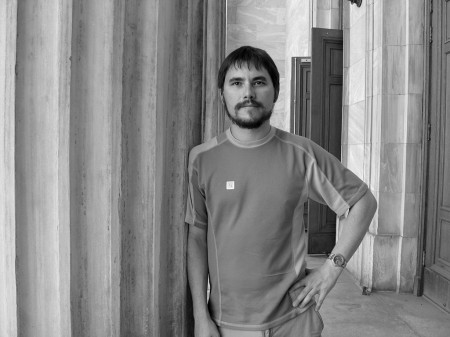
This collection of essays, edited by Vandana Shiva, varies considerably in tone and degree of novelty. The manifestos themselves seem ham-fisted and loaded with unsupported assertions. It is not that no convincing case can be made for many of the arguments raised; rather, the authors simply choose not to do so. It is an approach that will win them few converts. In general, the book contains a number of positions towards which I am sympathetic: that patents on living things are highly dubious, that the present food system is unsustainable, that the agricultural policies of most states are inappropriate and often immoral. It simply manages to convey most of these points in a shrill and off-putting manner: the kind of voice that makes you take an opposing stand almost by reflex.
Most of the authors seem to profoundly misunderstand the nature of the global trade system. As with so many other blanket anti-globalization activists, they seem to think the WTO is some kind of wicked and powerful entity, enforcing its will against states. It is more accurate to say that it is an imperfect vehicle for trying to create some trade rules formulated on something other than economic and geopolitical power. It is a goal rarely achieved – how could it be? – but a worthy one nonetheless. Similarly, the WTO does not impose outside restrictions on the kind of food safety laws states can adopt. It simply requires that the same standard be applied to domestic producers as importers. You cannot reject beef produced using recombinant bovine growth hormone abroad while allowing domestic industrial agribusinesses to use the same substance. Naturally, if you are big and economically powerful, you can more or less do as you like (witness WTO rulings against American maize subsidies, for instance).
The book also seems to be a bit short of real content where genetically modified organisms and antibiotic resistance are concerned. Both naturally raise important questions of health, safety, and ethics. The nuances of the discussion, however, are poorly served by a book that asserts that the Green Revolution was actually harmful to the world’s poor. Genetically modified organisms could certainly produce adverse outcomes. At the same time, they might be able to help us reduce our dependence on toxic pesticides, reduce the carbon emissions associated with shipping and refrigeration, and deal with the consequences of climate change. Similarly, while there is much to lament about current global trade practices, the kind of protectionism advocated by most of the authors is unlikely to help either the poor or the sustainability of agriculture. What is necessary is that the total social and environmental costs of economic activities be borne by the relevant parties: not that food is grown in a particular place, domestic producers receive preferential treatment, or that the world re-fragments into disparate economies.
While the book doesn’t really make it, there is an excellent case for a global transition to new forms of agriculture. Important elements include replacing vulnerable monocultures with resilient polycultures, sharply restricting the use of antibiotics, reducing the intensity of fossil fuel use, and otherwise taking into account the many social and environmental costs of agriculture that are ignored when it is undertaken in an industrial manner. There is likewise a very strong case to be made about reforming the global intellectual property regime. It is extremely dubious to be able to patent a gene that you have moved from one creature to another. It is similarly dubious to sell seeds on a ‘licensed’ basis, where they can only be legally used for one crop.
In the end, it is hard to see who this book is for. It doesn’t contain enough substantive argumentation to convert anyone – though there is one good essay written by a local foods grocer, railing against both Walmart and Whole Foods. It likewise does not contain a viable plan for changing the nature of the global food system. Here, Michael Pollan seems to adopt the most reasonable position: accepting the popularization of organic and local food as progress, while others angrily reject them as insufficient. A book that helped to enlarge that beachhead, while providing some strategic direction towards a genuinely sustainable global food system, would have a lot more value than this short, flawed text.







